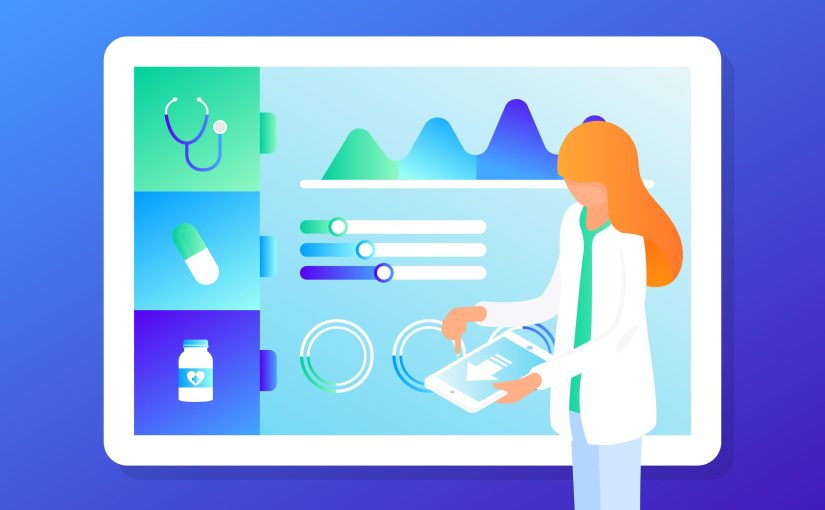The healthcare industry is facing increasing pressure to deliver high-quality patient care while managing costs and improving overall outcomes. SAP, a leading provider of enterprise software solutions, offers specialized analytics tools tailored to the unique needs of the healthcare sector. In this article, we explore how SAP Analytics for Healthcare is revolutionizing patient care and driving better healthcare outcomes.
1. Data-Driven Decision-Making:
SAP Analytics for Healthcare empowers healthcare providers to make data-driven decisions. By analyzing vast amounts of patient data, clinical outcomes, and operational metrics, healthcare organizations can identify trends, uncover insights, and implement evidence-based practices to improve patient care.
2. Population Health Management:
SAP’s analytics capabilities enable population health management, where healthcare providers can analyze and track health data of entire patient populations. This approach allows providers to proactively address chronic diseases, optimize care plans, and improve overall population health.
3. Predictive Analytics for Patient Care:
SAP Analytics offers predictive capabilities that help healthcare providers anticipate patient needs and potential health risks. By predicting readmission rates, disease progression, and patient outcomes, providers can intervene early and improve patient care.
4. Healthcare Performance Analytics:
SAP Analytics for Healthcare provides performance metrics and KPIs to monitor the effectiveness of clinical workflows and operational efficiency. Healthcare organizations can optimize resource allocation, reduce wait times, and enhance patient satisfaction.
5. Real-Time Insights for Clinical Decisions:
Real-time data access through SAP Analytics enables clinicians to make critical decisions promptly. With access to real-time patient data, test results, and treatment protocols, healthcare providers can deliver personalized and effective care to patients.
6. Supply Chain and Inventory Management:
SAP Analytics supports healthcare supply chain management, ensuring adequate inventory levels of essential medical supplies and pharmaceuticals. This enables healthcare organizations to streamline procurement processes and avoid stockouts, improving patient care and safety.
7. Financial Analytics for Cost Management:
SAP Analytics helps healthcare organizations manage costs efficiently. By analyzing financial data and expenditure patterns, healthcare providers can identify cost-saving opportunities, optimize resource allocation, and maintain financial sustainability.
SAP Analytics for Healthcare is a transformative solution that empowers the healthcare industry to enhance patient care and outcomes. By leveraging data-driven insights, population health management, and predictive analytics, healthcare providers can deliver personalized and effective care to patients, leading to improved clinical outcomes. Real-time access to patient data and performance metrics facilitates timely decision-making and enhances operational efficiency. With SAP Analytics, healthcare organizations can optimize their supply chain, manage costs, and achieve financial sustainability. By embracing SAP Analytics for Healthcare, the healthcare industry can drive innovation, improve patient care, and contribute to better health outcomes for individuals and communities alike.
